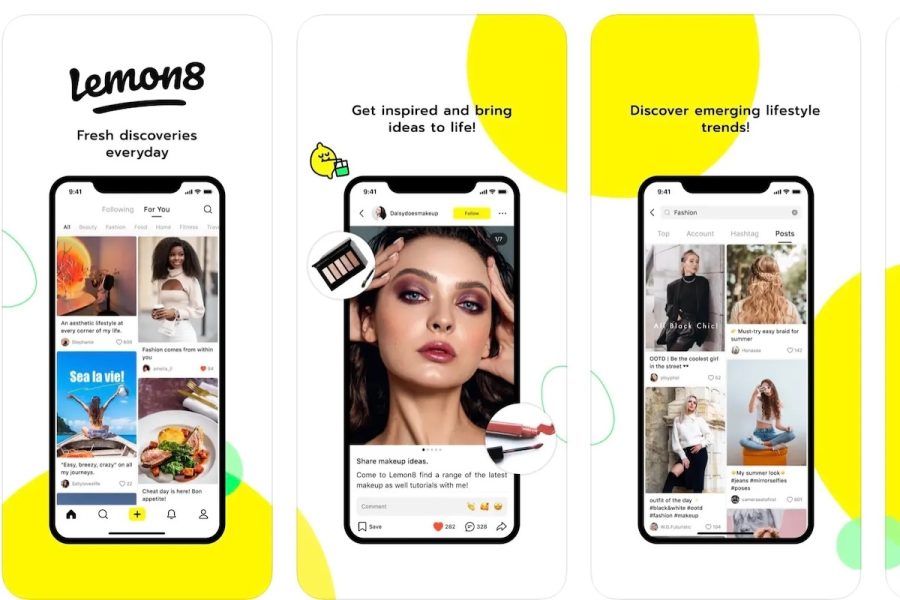Lemon8 shares some of the safety concerns as TikTok, but what is the app and are the concerns justified?
It often feels like there are new social media apps every other day, with more and more companies wanting to become the next Meta. One of the more recent entries to the market, launched in 2020, is Lemon8.
The app is focused on sharing media and content but boasts its own USP compared to long-term dominators in the social media space like Instagram, Facebook, and X (formerly Twitter). Here’s a closer look at what Lemon8 is, who owns it, and what some of the concerns are around it that have seen it making headlines around the world.
What is Lemon8?
Lemon8 is a social media app, designed to share photos and videos. It is driven by user-generated content (UGC), with the ability to share media tagged under specific categories and products, much like Pinterest or Instagram, TikTok, and X’s long-term use of hashtags. Popular topics on Lemon8 include food, wellness, travel, beauty, and so on.
Can you make money on Lemon8?
In short, yes. In fact, with a heavy focus on products and categorization, the Lemon8 app includes messaging around empowering its audience to become creators, as opposed to maintaining privacy (as touted by BeReal) or connecting with friends and family (a la Facebook).
There’s easy access within the app to add product information, such as prices, links, and other affiliate or content creator tools. These options are open to creators of any size, encouraging those even with small followings to act and post on the platform as if it’s a monetized channel.
Looking at the user experience of Lemon8, there is less of a push to scroll forever, with one post taking up the entire screen. Instead, you can more easily browse individual topics or products, with multiple posts appearing on your screen at once. This once again reflects the behind-the-scenes push to become a creator, rather than simply a passive user.
Who owns Lemon8?
Lemon8 is owned by ByteDance, the Chinese company that also owns TikTok. It was first released in 2020 but didn’t take off in the dominant western social media markets of the UK and the USA until 2023, when it was launched outside of Asia. It’s available on both iOS and Android.
ByteDance originally launched the app seemingly as a competitor to Xiaohongshu, a similarly product-driven app popular in China. Lemon8 quickly managed to drum up a strong competitive following in other markets in Asia, before its expansion to the West.
Is Lemon8 safe?
With Lemon8 being owned by ByteDance, the same company behind TikTok, some have raised concerns about the safety of the app. This comes after the US House of Representatives voted in favor of an updated bill that would effectively ban TikTok if ByteDance doesn’t sell the app. If and when the proposed bill makes its way to President Joe Biden’s desk, the president has implied that he would sign it into law. The support for the effective ban of TikTok in the US is based on apparent safety concerns, with the app being accused of harvesting huge amounts of data.
While app safety testing platform Qustodio reports that Lemon8 works as advertised and doesn’t have any major safety concerns, it is believed that it operates using the same algorithms as TikTok, meaning the same data safety harvesting concerns could be warranted.
Another safety-focused third party, Protect Young Eyes, also offers a warning that there is a lot of content with few content controls, meaning that young people could access age-inappropriate content if not properly supervised. Arguably, however, the same could be said for the majority of apps that young people can make accounts for.
Featured image: Lemon8 via ByteDance

















